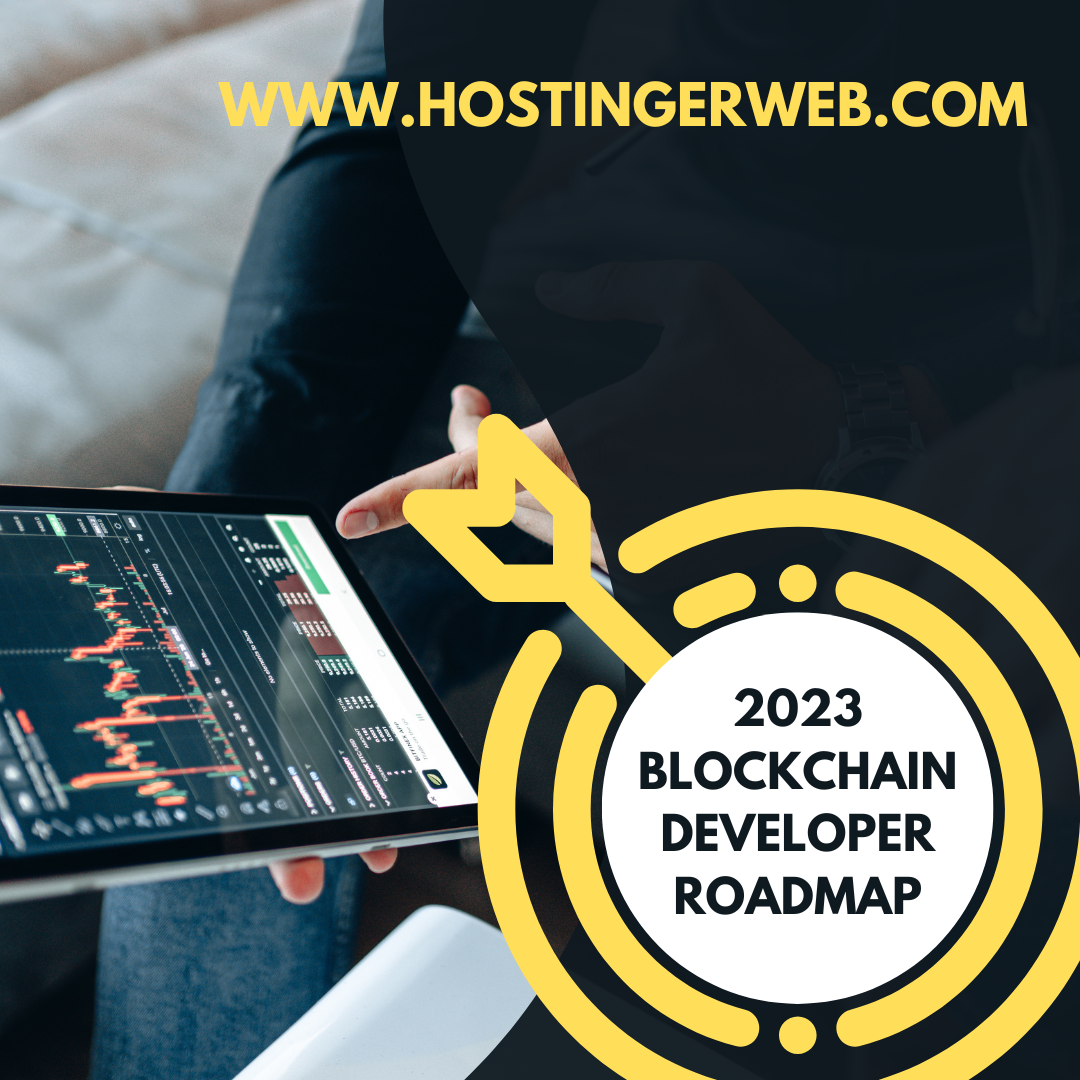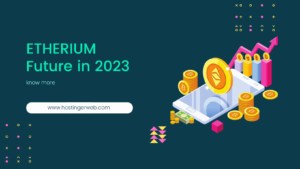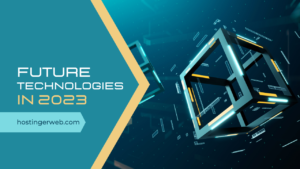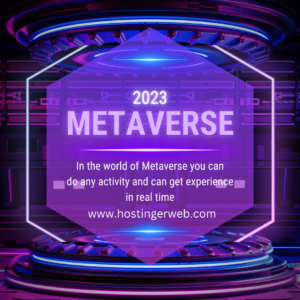Here is a potential roadmap for a blockchain developer in 2023:
Learn the basics: If you are new to blockchain development, it is important to start by learning the basics of blockchain technology, including how it works and the different types of blockchains that are available. This could include studying blockchain fundamentals, learning about different programming languages, and familiarizing yourself with the tools and resources available for developers.
Choose a blockchain platform: Once you have a solid understanding of the basics, it is important to choose a blockchain platform that you want to specialize in. Some popular options include Ethereum, EOS, and TRON.
Learn about smart contracts: Smart contracts are an important part of many blockchain applications, so it is important to learn how to create and deploy them. This could include studying smart contract programming languages such as Solidity and learning how to test and debug smart contracts.
Build projects: As you gain more experience and knowledge, it is important to start building projects to demonstrate your skills and gain practical experience. This could include creating simple dApps (decentralized applications), contributing to open source projects, or building your own projects from scratch.
Stay up to date: The blockchain industry is constantly evolving, so it is important to stay up to date with the latest developments and trends. This could include reading industry news, attending conferences and meetups, and learning about new technologies and platforms as they are released.
Overall, this roadmap is meant to provide a general outline for a blockchain developer in 2023. The specific skills and knowledge that you will need will depend on your goals and the type of work that you want to do. It is important to be proactive and continuously learn and improve your skills to stay competitive in the industry.
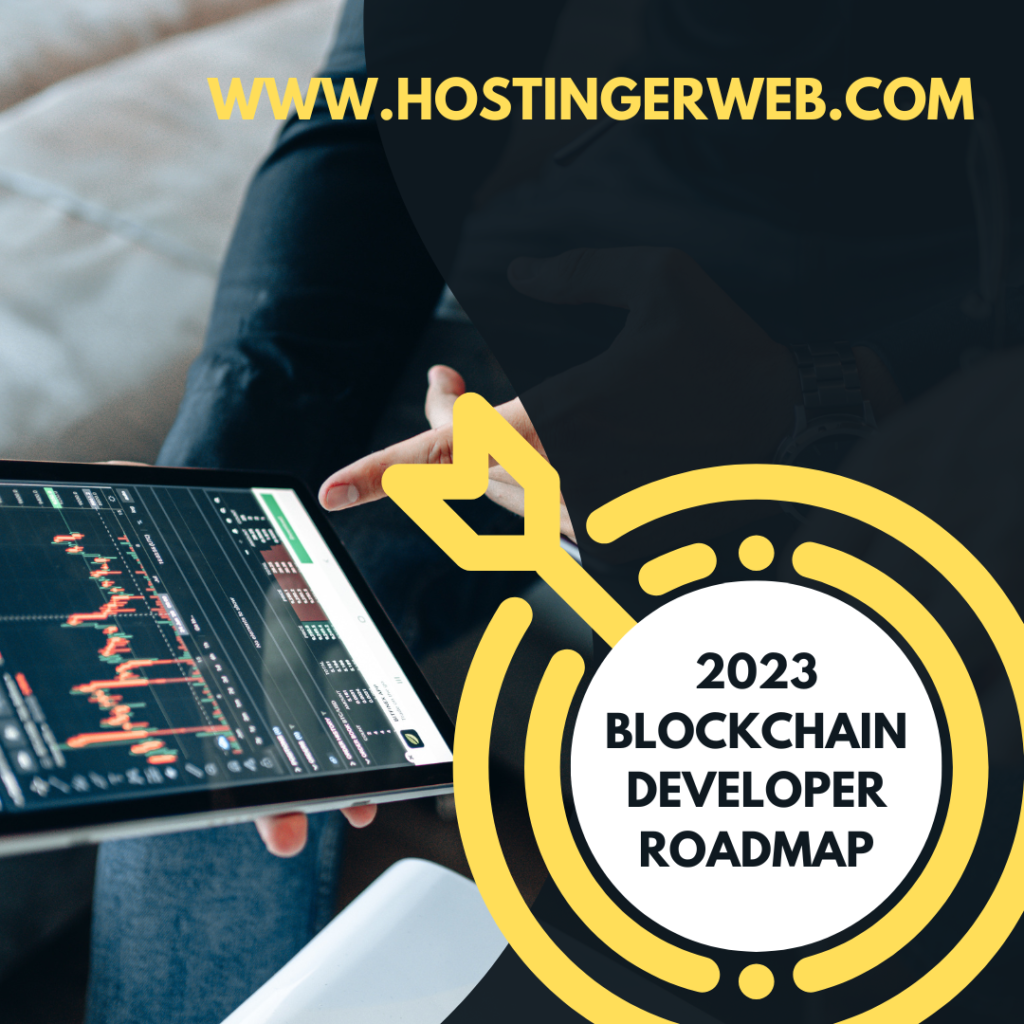
Skills required for Blockchain Developer
Here are some skills that are important for a blockchain developer to have:
Strong programming skills: Blockchain developers need to have strong programming skills, including proficiency in languages such as Solidity, C++, and JavaScript.
Familiarity with blockchain platforms: It is important for a blockchain developer to be familiar with the different blockchain platforms that are available, including Ethereum, EOS, and TRON.
Knowledge of smart contract development: Smart contracts are an integral part of many blockchain applications, so it is important for a blockchain developer to have a good understanding of how to create and deploy them.
Understanding of cryptography: Blockchain technology relies on cryptography to secure data and transactions, so it is important for a blockchain developer to have a good understanding of how it works.
Experience with distributed systems: Blockchain systems are distributed and decentralized, so it is important for a blockchain developer to have experience with distributed systems and an understanding of how they work.
Strong problem-solving skills: Blockchain development can involve solving complex problems and debugging issues, so it is important for a blockchain developer to have strong problem-solving skills.
Familiarity with agile development methodologies: Agile development methodologies, such as Scrum and Kanban, are often used in blockchain development, so it is helpful for a blockchain developer to be familiar with them.
Overall, these skills are important for a blockchain developer to have in order to be successful in the industry. It is important to continuously learn and improve your skills to stay competitive
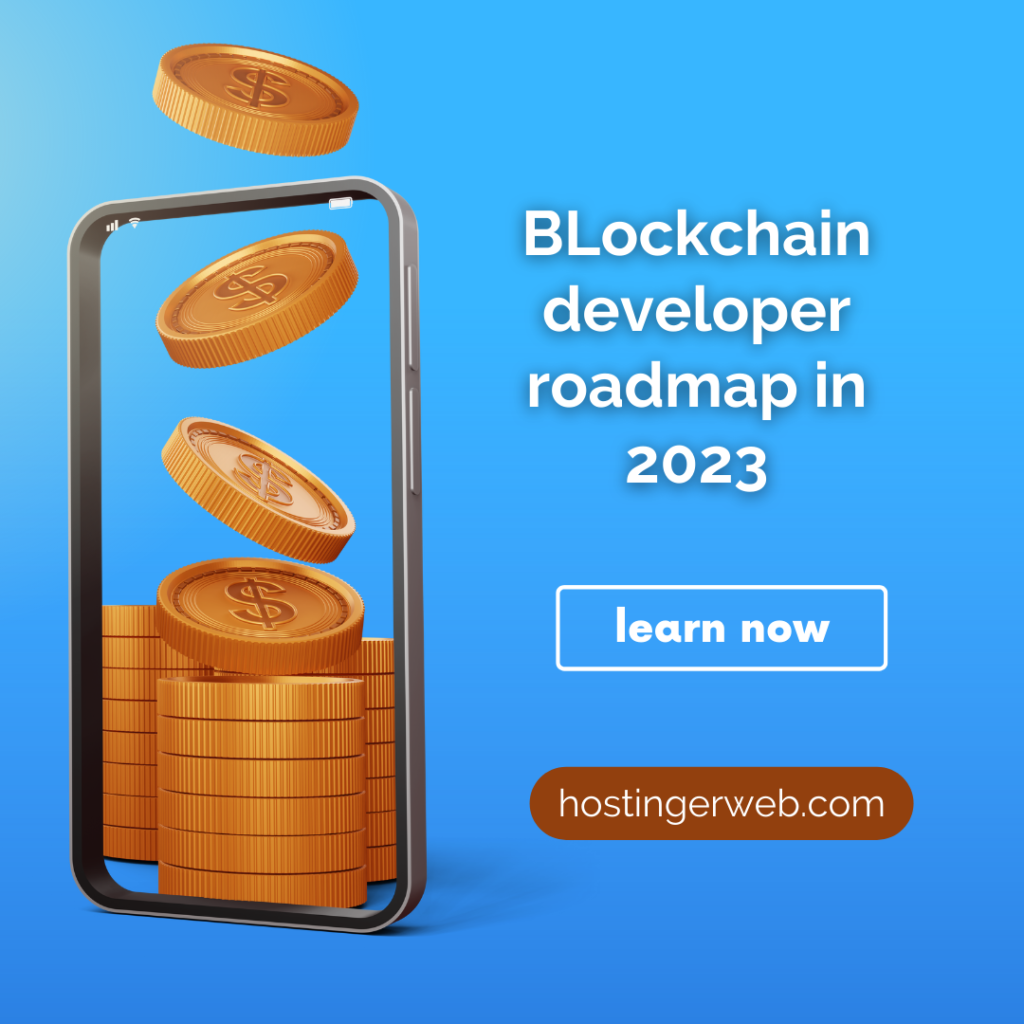
Industry Demand for Blockchain Developer
The demand for blockchain technology and professionals with expertise in this field has increased significantly in recent years. Many industries are exploring the use of blockchain for a variety of applications, including supply chain management, financial services, healthcare, and voting systems.
According to a report from the World Economic Forum, the number of blockchain-related job postings on LinkedIn increased by 300% between 2017 and 2020. This trend is expected to continue, with the demand for blockchain professionals expected to remain strong in the coming years.
In terms of specific job roles, there is high demand for developers with expertise in blockchain technology, as well as professionals with experience in project management, business analysis, and marketing. There is also a growing demand for professionals with expertise in decentralized finance (DeFi) and non-fungible tokens (NFTs).
Overall, the demand for blockchain technology and professionals with expertise in this field is expected to continue to grow as more industries adopt blockchain-based solutions.
Blockchain Developer Salary
The salary of a blockchain developer can vary widely depending on a number of factors, including the individual’s level of experience, education, location, and the specific industry they work in.
According to data from Glassdoor, the median annual salary for a blockchain developer in the United States is $94,000 per year. However, this number can vary significantly depending on the specific role and industry. For example, a blockchain developer working in the financial industry may earn a higher salary than one working in the healthcare industry.
Other factors that can affect a blockchain developer’s salary include their level of education and experience. Those with advanced degrees and extensive experience in the field may command higher salaries than those with less education and experience.
Overall, the salary of a blockchain developer is likely to vary based on a number of factors. It is important for individuals interested in this field to research salary trends in their specific industry and location to get a better understanding of what to expect.
